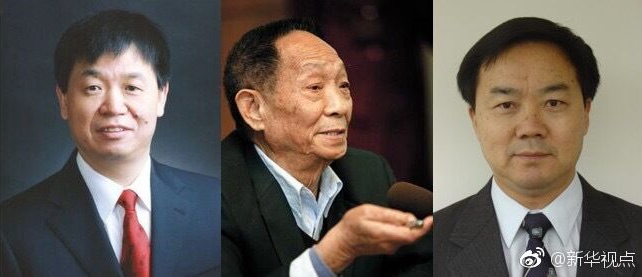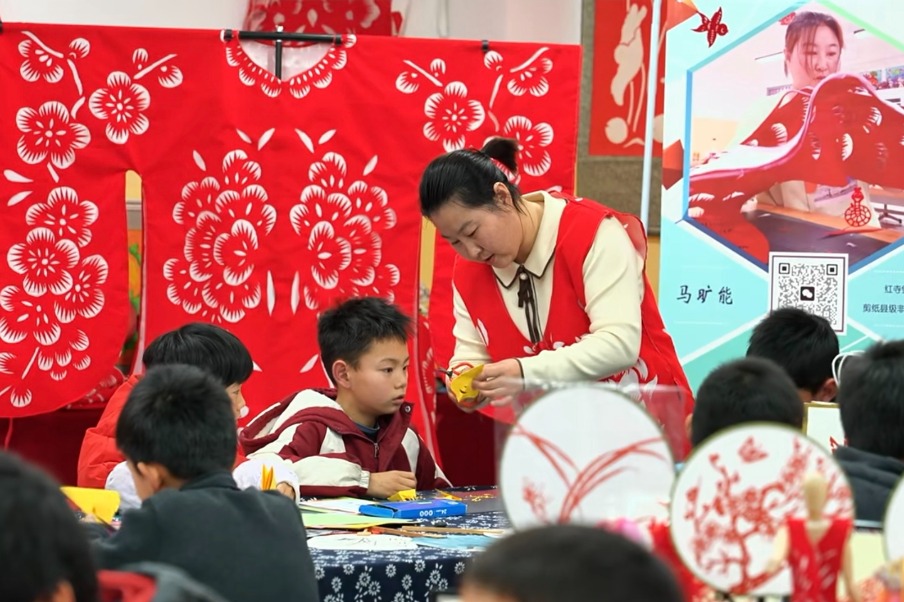China's 2018 Future Science Prize winners announced


China's Future Science Prize, one of the country's most prestigious non-governmental science awards, announced on Saturday the 2018 winners in the areas of life science, physical science, and mathematics and computer science.
Renowned agricultural scientist Yuan Longping, China's "Father of Hybrid Rice," in collaboration with Zhang Qifa and Li Jiayang from the Chinese Academy of Sciences (CAS), shared The Life Science Prize for their pioneering work in breeding new rice varieties with high-yield and superior quality.
Ma Dawei from the Shanghai Institute of Organic Chemistry at CAS, Feng Xiaoming from Sichuan University, and Zhou Qilin from Nankai University received The Physical Science Prize for creative contributions to the invention of new catalysts and reactions, which have provided a new approach to the synthesis of organic molecules, especially drug molecules.
Lin Benjian, an academician from CAS and also an expert with Taiwan Semiconductor Manufacturing Company, world's largest dedicated independent semiconductor foundry, received The Mathematics and Computer Science Prize for expanding nanoscale integrated circuits.
The winners will also share $1 million in prize money for each award category.
Touted as China's "Nobel Prize," as both are privately funded, the Future Science Prize aims to increase public interest in science and connect science and business.
The Future Science Prize rewards outstanding original research that was finished in China and has global impact. It is not limited to Chinese citizens and is privately funded by 12 eminent Chinese entrepreneurs who want more public involvement in the country's development of science.
The prize was launched in 2016 by entrepreneurs aiming to utilize cutting-edge computer science technology, such as AI and big data in the business sector, and investors who understand that scientific development is the foundation of long-term prosperity. Fifteen prominent scholars worldwide form the panel of judges, including Wang Xiaodong, director of the National Institute of Biological Sciences in Beijing Li Kai, a member of the National Academy of Sciences in the United States Computer science professors Paul M. Wythes and Marcia R. Wythes, Princeton University and Luo Liqun, professor of Biology at Stanford University.
- China launches new satellite
- China's railway passenger trips hit new record in first 11 months
- Wondrous Xinjiang: High on the plateau, guardians keep watch over pristine wilderness
- Ningxia students recreate masterpiece with paper-cutting
- China's railway network hits record 4.28 billion trips
- HK blasts 'despicable' Western smears after Jimmy Lai verdict





































